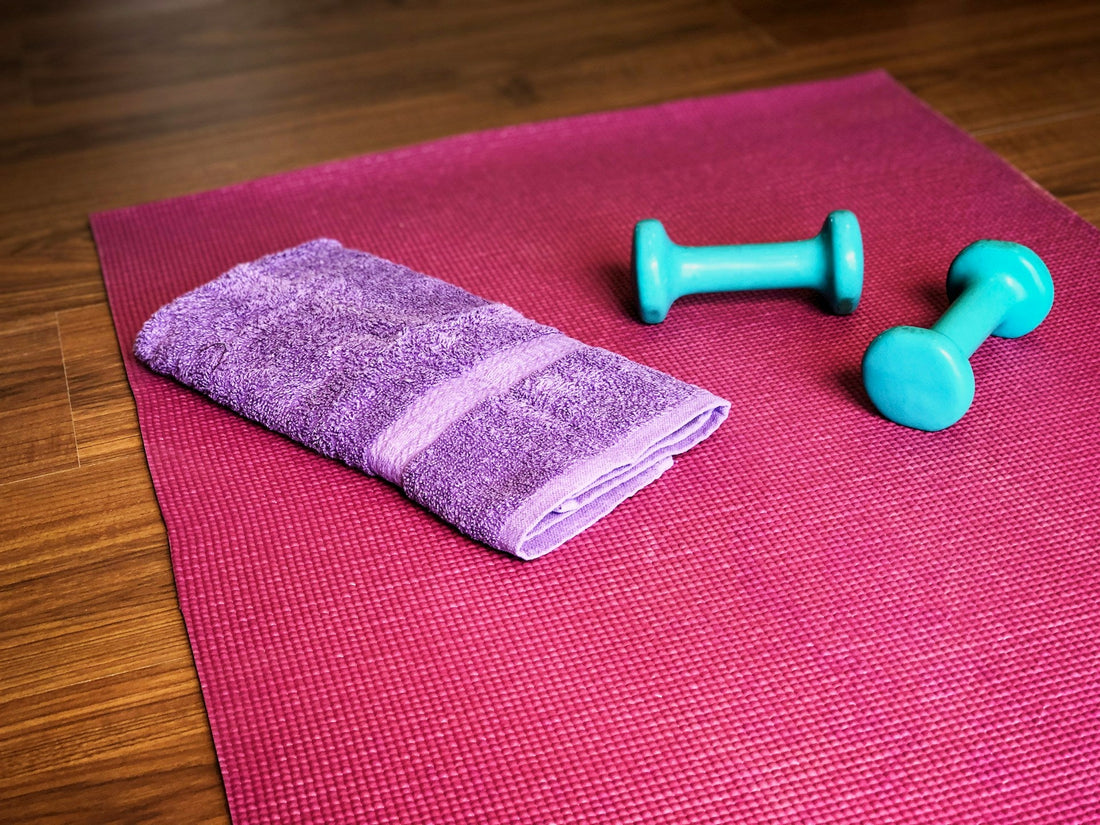
Beginner’s Guide to Building a Fitness Routine at Home
Share
Starting a fitness journey doesn’t have to mean an expensive gym membership. In fact, many people are building strong, healthy bodies right from the comfort of their own homes. If you’re new to fitness, this guide will help you set up a simple, effective home routine that works for your goals.
Step 1: Set Your Fitness Goals
Before you start, decide what you want to achieve. Do you want to lose weight, build strength, increase flexibility, or just stay active? Having clear goals will help you choose the right exercises and equipment.
Example Goals:
Lose 10 pounds in 3 months
Do 10 push-ups without stopping
Improve flexibility to touch your toes
Step 2: Create a Simple Workout Space
You don’t need a big home gym. A small corner of your living room or bedroom works fine. Invest in a few versatile items to get started:
Yoga Mat – for comfort and safety during workouts
Resistance Bands – great for strength training and mobility
Dumbbells or Kettlebells – adjustable weights work best
Jump Rope – affordable and excellent for cardio
Step 3: Choose Beginner-Friendly Workouts
Start small and gradually build up. Aim for 20–30 minutes, 3–4 times a week.
Sample Beginner Routine
Warm-Up (5 min) – Jumping jacks, high knees, or light jogging in place
Bodyweight Strength (15 min)
10 squats
10 push-ups (knees if needed)
20 lunges (10 per leg)
20-second plank
(Repeat 2–3 times)
Cool Down & Stretch (5–10 min) – Stretch major muscles to prevent soreness
Step 4: Stay Consistent and Track Progress
The hardest part is sticking to it. Schedule workouts like important meetings, and keep track of what you complete each week. Even small improvements add up over time.
Tips to Stay on Track:
Start with short sessions and build up gradually
Write down or log your workouts in an app
Celebrate small wins like holding a longer plank or adding extra reps
Step 5: Support Your Routine with Recovery & Nutrition
Working out is just half the battle—recovery and nutrition are equally important.
Hydrate throughout the day
Eat protein-rich meals to support muscle growth
Use recovery tools like foam rollers or massage guns to prevent soreness
